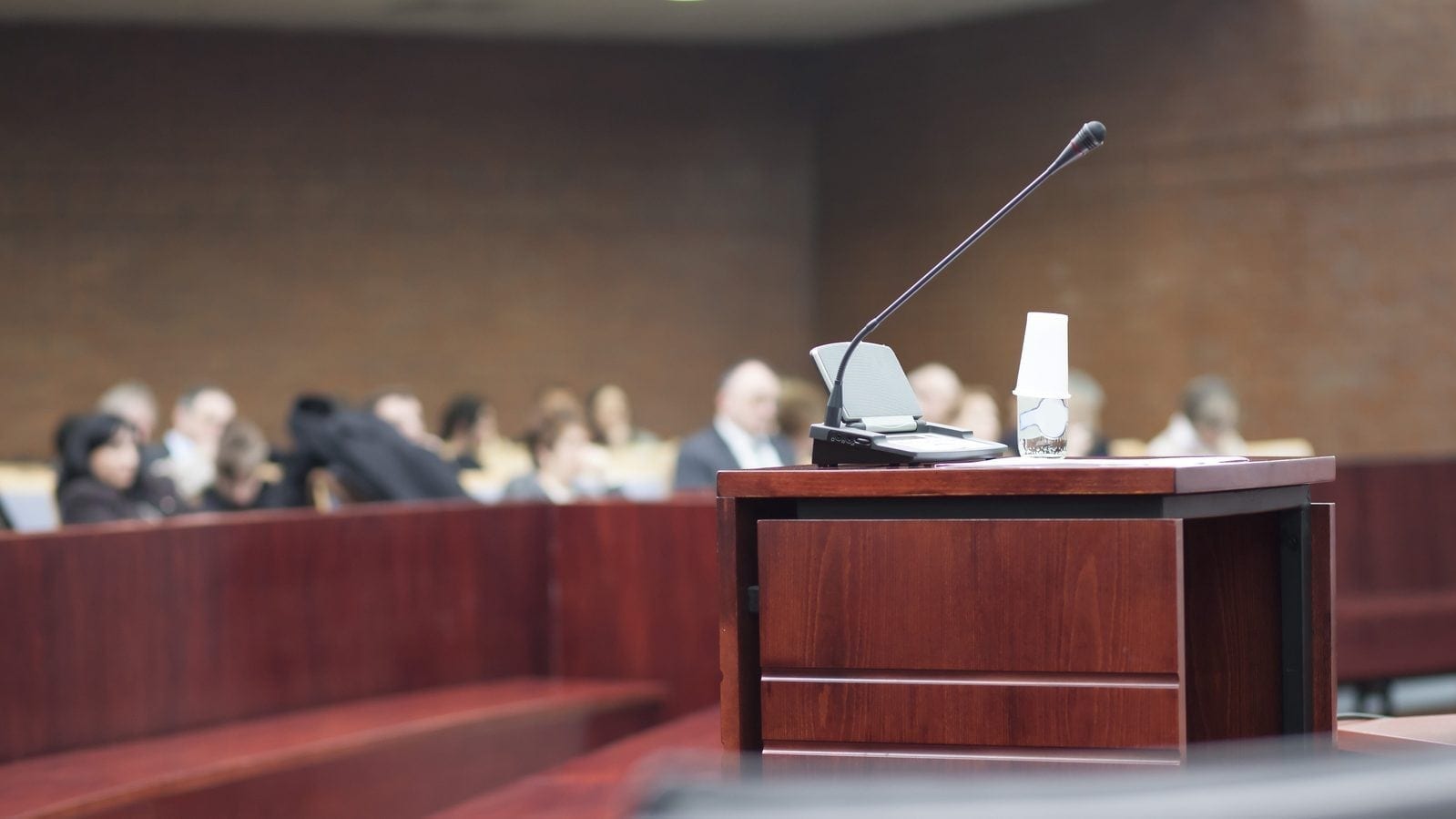
Proving you have a disability to the extent that you cannot work and need Social Security Disability Insurance (SSDI) or Supplemental Security Income (SSI) involves convincing many state and federal employees of this fact. Chief among these figures you must persuade are Administrative Law Judges (ALJ). An ALJ rules on administrative laws according to the knowledge they study prior to a case as well as their experience with prior cases in general.
However, they cannot know everything, so often the Social Security Administration (SSA) calls a Vocational Expert (VE) to serve as an expert witness at disability appeal hearings. In hearings that do not have a VE called, the applicant may wish to call their own. The testimony of the VE in addition to the cross-examination by the applicant’s disability lawyer can often provide the justification an ALJ needs to recommend approval for disability payments.
Learn more about the importance of a VE witness and how an experienced attorney can help them do even more for your case.
What a Vocational Expert Actually Does
As their name implies, a vocational expert makes it their job to know about the details of specific job roles as well as the current status of the job market as a whole.
In disability hearings, the VE will be called to describe how the limitations of an applicant may affect their ability to perform certain work tasks. For instance, someone with paraplegia would be unable to stand, stoop, bend or lift heavy objects off a shelf without special equipment in most situations.
A vocational expert can attest that this disability would make the applicant unable to perform their relevant prior jobs, thus preventing them from reentering the same sector of the workforce. The vocational expert could then identify other possible jobs that the applicant could perform given their disability. If they can identify such jobs, they will then evaluate the current availability of those jobs given the current labor market.
An ALJ will defer to these opinions because they come from a source more familiar with detailed background knowledge and knowledge of current market conditions. They may ask the VE questions for the sake of clarifying, such as “would the applicant be able to perform work as a retail employee while still confined to their wheelchair?”
The VE could theoretically answer something similar to “upon review of many retail clerk job descriptions, the vast majority of employees are expected to bend, stoop and move objects weighing up to 15 pounds off of shelves. Those jobs that enable an employee to simply ring up customers are in high demand and short supply, making the applicant unlikely to secure such a job given current labor market conditions.”
The Importance of Cross Examination with a Disability Lawyer
Whether called by the SSA or the applicant, the VE will present themselves as a neutral party and answer questions to the best of their ability. As such, they may make a statement at a hearing to the effect of: “The applicant can be eligible for many jobs if they obtain a certain type of prosthesis.”
The applicant’s attorney can then ask “Do we have field studies of people performing regular labor with this specific prosthesis? Also, could the applicant obtain this expensive prosthesis given their current income levels and medical coverage?”
If the VE responds “no,” then they have gone from implying that there are jobs available to the applicant to stating that there are, in fact, no jobs they are likely to secure. If the applicant cannot secure a job realistically, their request for disability payments will have a high probability of being honored by the ALJ.
We’ve been helping disabled individuals in the Greater Los Angeles area, the Inland Empire, and Orange County get the disability benefits they need for years. Call Dr. Bill LaTour and his team today at 800-803-5090 or fill out our online form to schedule a free consultation.







